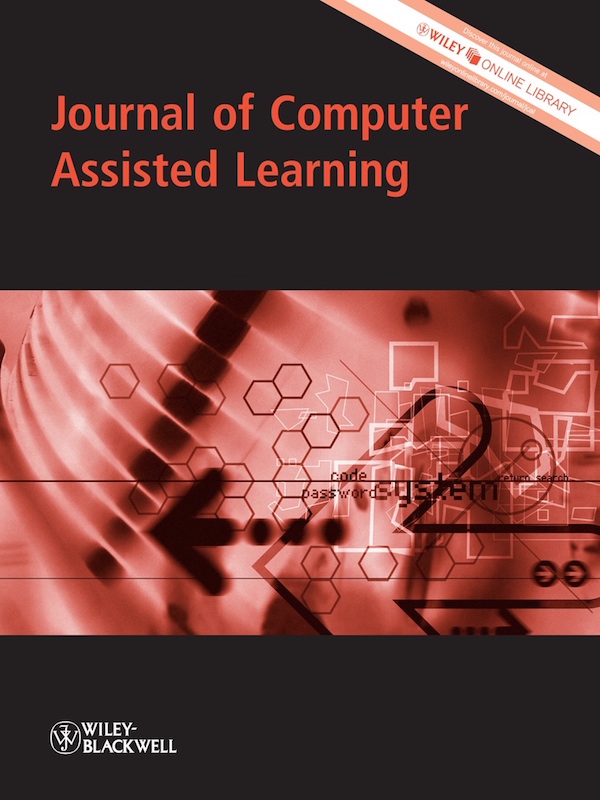
Outcomes for design and learning when teenagers with autism codesign a serious game: A pilot study
ARTICLE
B. Bossavit, S. Parsons
Journal of Computer Assisted Learning Volume 34, Number 3, ISSN 1365-2729 Publisher: Wiley
Abstract
Digital educational games research tends to lack ecological validity by not adequately taking into account the views and perspectives of children and young people with autism spectrum disorders (ASD). This paper is a pilot study that explores and analyses an academic-based educational game that was co-designed with and for young people with ASD. The serious game aims to help the players learn Geography-specific knowledge and integrates several strategic features so that users can collaborate together against the computer or compete against each other. The educational game was evaluated over 5 sessions by 3 peer teams from 2 different special educational institutions, involving a total of 6 students with ASD. The participants were positive about their enjoyment, motivation, and social engagement. The results showed that the players' level of competitiveness not only influenced the experience within the game but also the interaction within the peer teams. The game mechanisms did help the participants with ASD increase their knowledge in Geography content. The main conclusion is that there are considerable benefits of including children with ASD in the design process and future research should explore more fully on how their involvement can enhance curriculum-based learning as well as social engagement within the classroom.
Citation
Bossavit, B. & Parsons, S. (2018). Outcomes for design and learning when teenagers with autism codesign a serious game: A pilot study. Journal of Computer Assisted Learning, 34(3), 293-305. Wiley. Retrieved August 15, 2024 from https://www.learntechlib.org/p/184834/.
